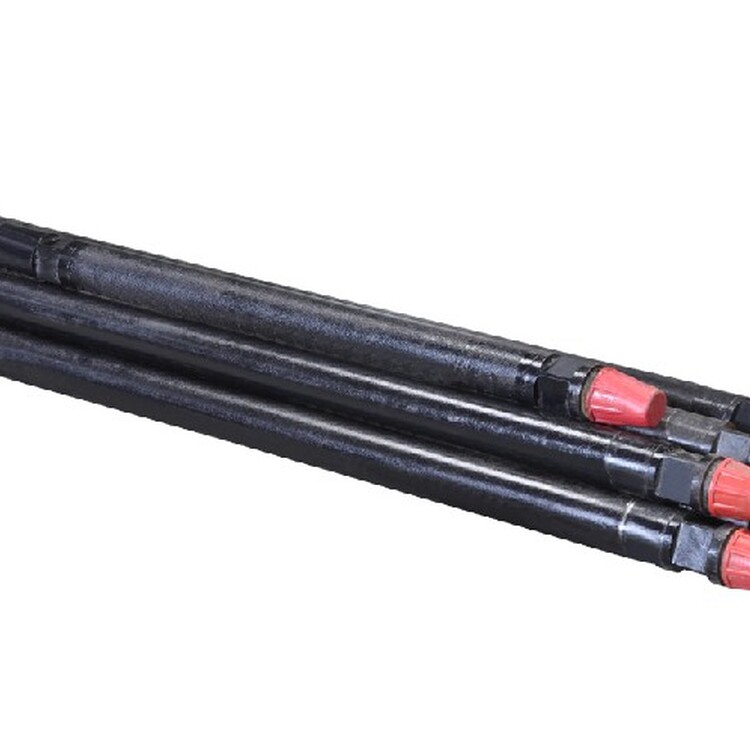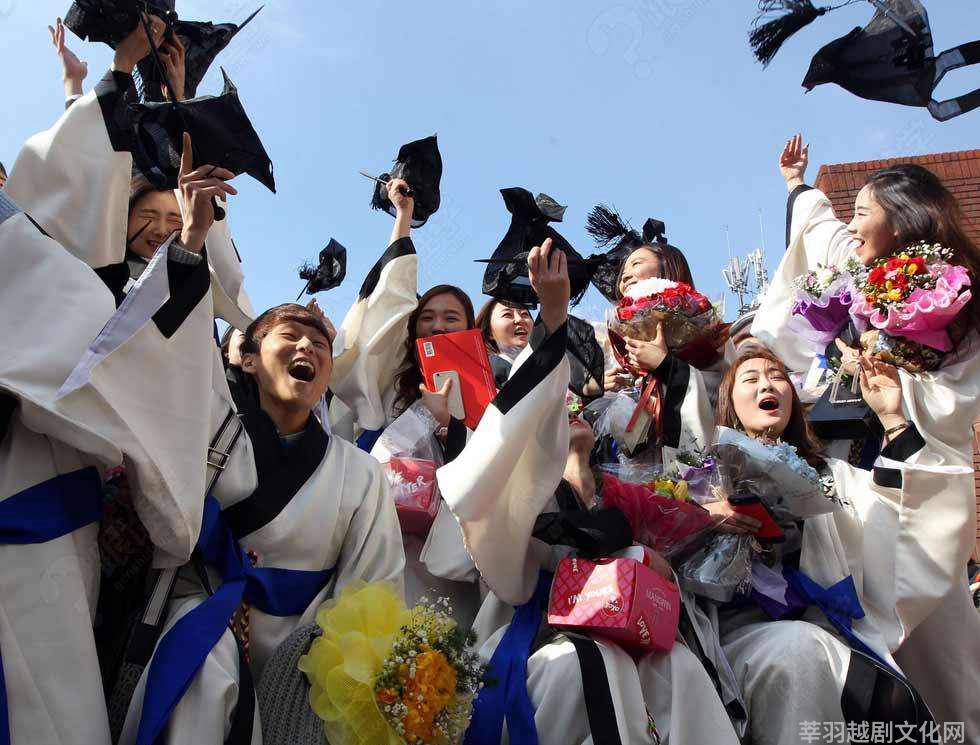A Brief Introduction to Yuet Kek or Yue Opera

Yuet Kek, also known as Yue Opera, is a traditional Chinese theater form originating from the Zhejiang Province in Eastern China. The art form has a history dating back over 200 years and boasts a rich cultural heritage that continues to captivate audiences today.
Yue Opera is characterized by its unique singing style, which combines elements of folk music and traditional Chinese opera. Performers use various vocal techniques such as pitch variations, tone colors, and rhythmic patterns to convey emotions and tell stories. This distinctive singing style is one of the defining features of Yue Opera that sets it apart from other forms of Chinese opera.

The makeup worn by performers in Yue Opera is another notable aspect. Unlike other types of Chinese opera where actors wear elaborate costumes with intricate designs representing their characters’ social status or personalities, Yue Opera actors primarily focus on facial makeup to portray different roles. This emphasis on facial expressions allows for greater emotional depth and nuance in performances.
One famous example of a Yuet Kek play is “The Butterfly Lovers,” which tells the story of two young lovers who are separated due to societal pressures but ultimately find happiness together after many trials and tribulations. Another classic tale often performed in this genre is “White Snake,” an adaptation based on a popular novel about love between humans and supernatural beings set against the backdrop of ancient China’s Song Dynasty.

In addition to these well-known stories, modern adaptations have also been incorporated into Yuet Kek repertoire including contemporary issues like environmental protection (“The Last Rhino”) or historical events (“Red Sorghum”). These adaptations demonstrate the versatility and relevance of this traditional art form even in today’s society.
As part of efforts to preserve this cultural treasure for future generations, local governments have established numerous training schools dedicated solely to teaching Yuet Kek techniques such as acting skills, musicality (including both singing voice production techniques), acrobatics (including martial arts) among others. These programs not only attract aspiring artists but also provide opportunities for people interested in learning more about this unique aspect of Chinese culture.

In conclusion, Yuet Kek or Yue Opera offers an enchanting glimpse into China’s rich cultural tapestry through its captivating storytelling abilities combined with unique vocal styles along with versatile dramatic interpretations making it an essential part worth exploring within the realm world theater arts regardless whether you are familiar with English introduction content already know much about it yet still find yourself captivated by what lies beyond boundaries language barriers!



